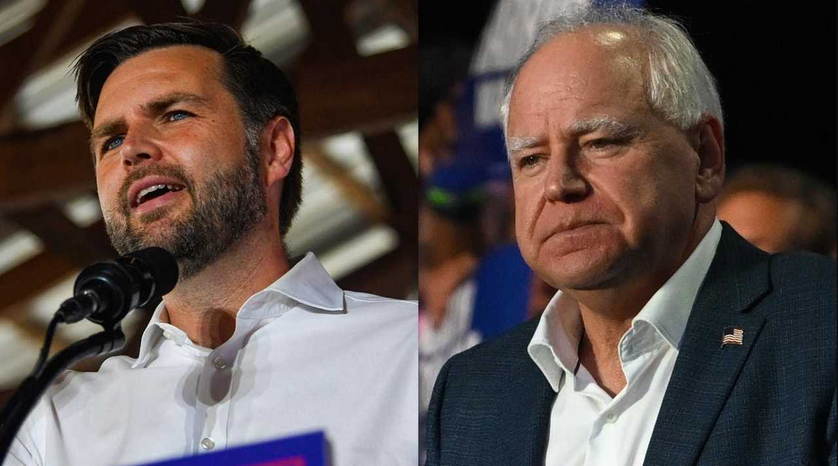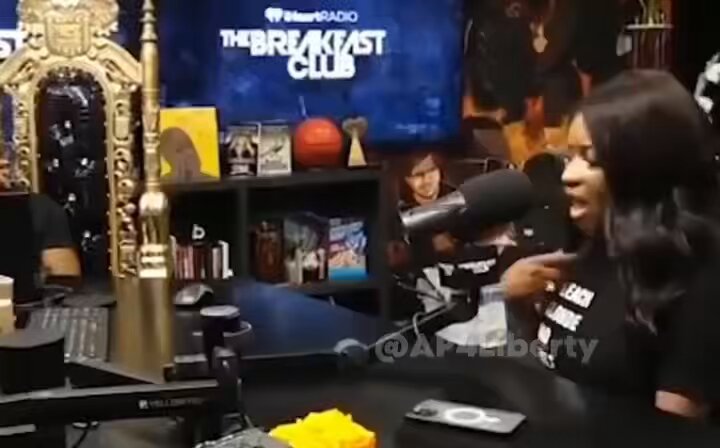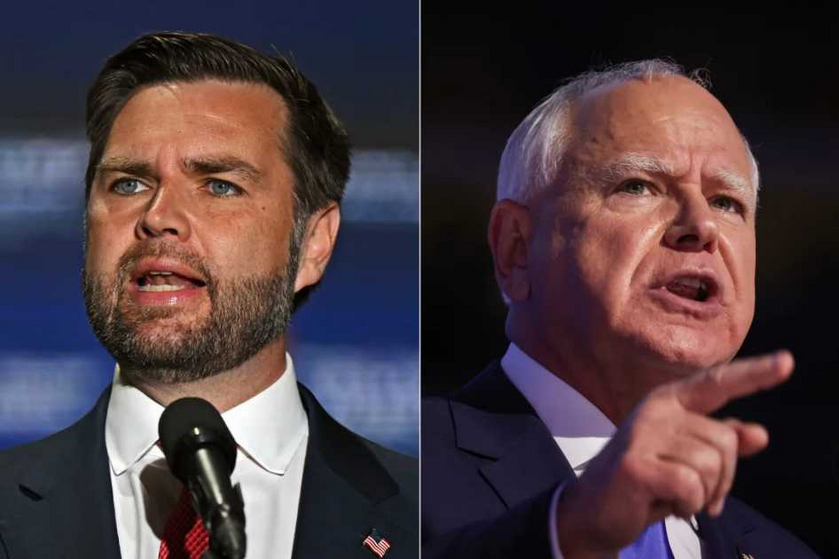
As we head into one of the most critical elections in modern U.S. history, the vice-presidential debate between J.D. Vance and Tim Walz has the potential to be the most influential VP debate ever. With Vice President Kamala Harris dodging detailed policy discussions and offering little more than vague soundbites throughout the campaign, this debate will be the first opportunity for voters to hear substantial policy discourse—something that has been sorely missing from the Harris/Walz ticket. Here’s why this debate could eclipse previous VP matchups and alter the trajectory of the race.
1. Kamala Harris: The Queen of Word Salad
Vice President Kamala Harris has become synonymous with vague, meandering answers that often leave the public and media searching for any coherent policy stance. Whether in interviews or public appearances, Harris tends to lean on her background, reciting personal anecdotes about growing up in a middle-class neighborhood or her work as a prosecutor. However, she has consistently avoided specifics on pressing issues, from immigration to the economy. Critics, like Peggy Noonan from The Wall Street Journal, have pointed out that Harris’s inability to deliver clear, direct answers reflects poorly on her ability to lead.
Voters are hungry for real answers. Harris has yet to hold a formal press conference during this campaign, avoiding direct engagement on policy. Meanwhile, her running mate, Tim Walz, has mirrored this strategy, offering little more than progressive platitudes without diving into the details of his platform. The American people have grown tired of the “word salad” responses from the Harris/Walz camp, and this debate will finally offer the stark contrast voters are seeking.
2. J.D. Vance: A Voice for the Working Class with Substance
While the Harris/Walz campaign has relied on vague talking points, J.D. Vance offers something different—clarity and substance. Vance has been dismissed by Democrats as “weird,” but his appeal to the working-class voter is undeniable. Raised in the heart of Ohio, Vance understands the economic struggles of middle America, and he speaks to these issues with authenticity. Unlike the Democratic ticket, which avoids direct policy discussions, Vance is a policy wonk with a deep understanding of complex issues that matter to voters, from economic revitalization to trade and manufacturing.
This debate is Vance’s opportunity to showcase his command of policy and, in doing so, expose Tim Walz as a politician disconnected from the Rust Belt’s reality. Walz, who allowed his state to spiral into chaos during the riots of 2020, will have to answer for his failures in leadership—a stark contrast to Vance’s promise to restore order and economic stability in struggling regions. Vance’s ability to communicate real policy while connecting with working-class voters is what sets him apart in this debate and could be the deciding factor for millions of Americans.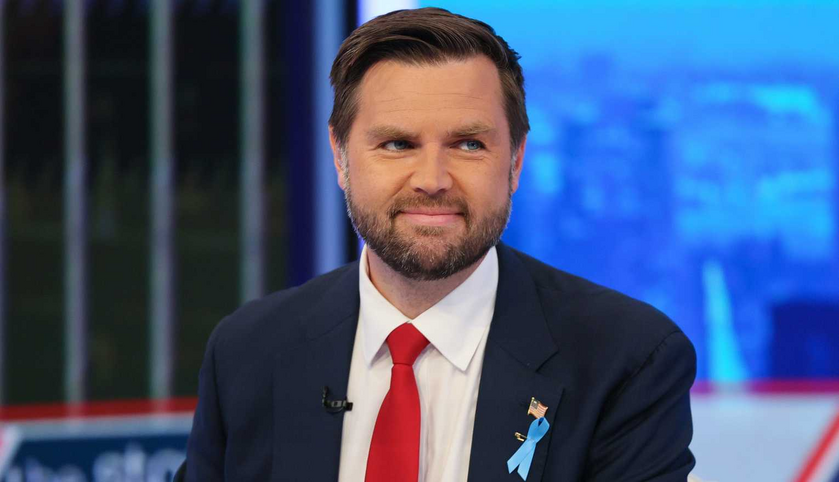
3. Tim Walz: Rust Belt Fraud or Progressive Puppet?
Tim Walz will face significant challenges in this debate, as his record as governor of Minnesota will come under intense scrutiny. During the summer of 2020, Minneapolis became a focal point of the nationwide protests and riots following the death of George Floyd. Walz was heavily criticized for his mishandling of the situation, as the state suffered massive property damage, and many Minnesotans felt abandoned by his lack of decisive action. This debate gives Vance the chance to highlight Walz’s failures, showing that his leadership during the crisis was weak and ineffective.
In addition, Walz’s support for far-left policies—like tampons in boys’ bathrooms and other progressive cultural issues—will alienate moderate voters, especially those in swing states like Ohio and Pennsylvania. These policies may align with the progressive wing of the Democratic Party, but they do little to address the concerns of everyday Americans in the Rust Belt who care more about jobs, safety, and economic opportunity. Vance will likely draw a sharp contrast between Walz’s out-of-touch progressive positions and his own focus on economic growth and rebuilding American industry.
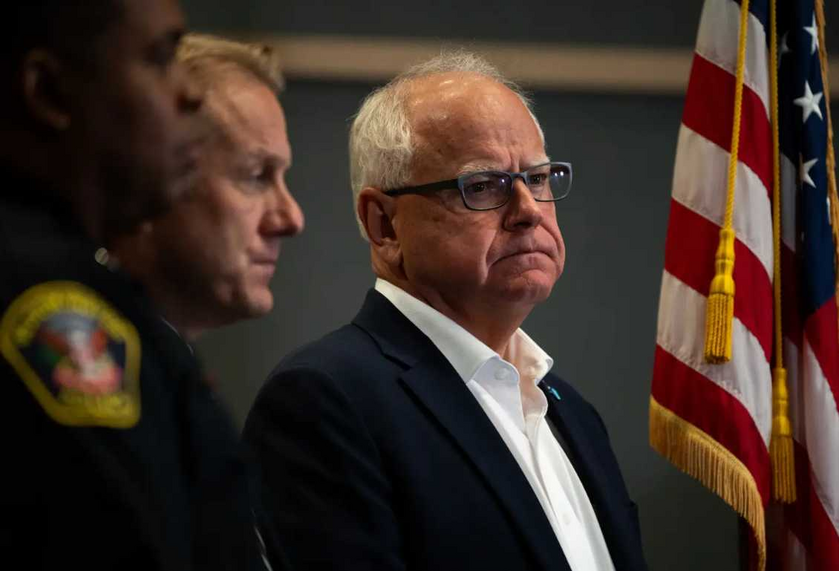
4. J.D. Vance’s Strength: Mastery of Policy vs. Walz’s Vagueness
One of the defining features of this debate will be the stark difference in how the candidates handle policy discussions. J.D. Vance is a master of policy minutiae. While President Trump—known for his bold, sweeping rhetoric—does not often dive into the weeds of policy, Vance excels in this area. Trump, having already served four years in office, doesn’t need to get into the fine details because his record speaks for itself—he was vetted by his performance as president, during which the country experienced historic economic growth, energy independence, and stronger border security.
Vance fills the gap by offering voters the detailed policy arguments that Trump doesn’t always emphasize. Vance’s expertise on issues like manufacturing, trade, and working-class economics will stand in stark contrast to the Harris/Walz ticket, which has so far been all slogans and no substance. This debate will force Walz to engage on real issues—something the Democratic campaign has been avoiding for months. As voters become increasingly frustrated with the lack of specific answers from Harris and Walz, Vance’s command of policy will be a breath of fresh air.
Additionally, Vance can effectively counter the false narrative that MAGA’s future agenda is driven by Project 2025, a think tank plan attributed to the Heritage Foundation. In reality, Vance will likely emphasize the real vision of MAGA: Agenda 47, a platform focused on economic revitalization, energy independence, and restoring American greatness. By clearly articulating the policies behind Agenda 47, Vance can dispel misconceptions and offer a compelling alternative to Walz’s vague progressive talking points.
5. The Debate America Has Been Waiting For
The American people are desperate for substance. In an election where much of the public discourse has been dominated by rhetorical dodges and talking-point politics, this debate offers something different. J.D. Vance will bring clarity, detail, and a focus on real issues that have been missing from the campaign thus far. For the first time, voters will hear from a candidate who can not only connect with the working-class electorate but also explain, in detail, how his policies will improve their lives.
This is a critical moment for the Republican ticket, as Vance’s clear command of policy will stand in stark contrast to the vague and often contradictory positions of Kamala Harris and Tim Walz. Where the Democrats have been offering word salads and avoiding press conferences, Vance will deliver concrete solutions to the problems facing America. This debate could be the moment where the Republican ticket begins to decisively pull ahead, showing the American people that there is a real alternative to the vague promises and empty rhetoric that have characterized the Harris/Walz campaign.
This VP debate has the potential to be the most influential in U.S. history. J.D. Vance will have the opportunity to showcase his policy expertise and connect with the working-class voters who feel neglected by the progressive agenda. Meanwhile, Tim Walz will be forced to defend his record and provide real answers—something his campaign has avoided up to this point. This debate will finally give voters what they’ve been waiting for: a substantive conversation about the future of America.